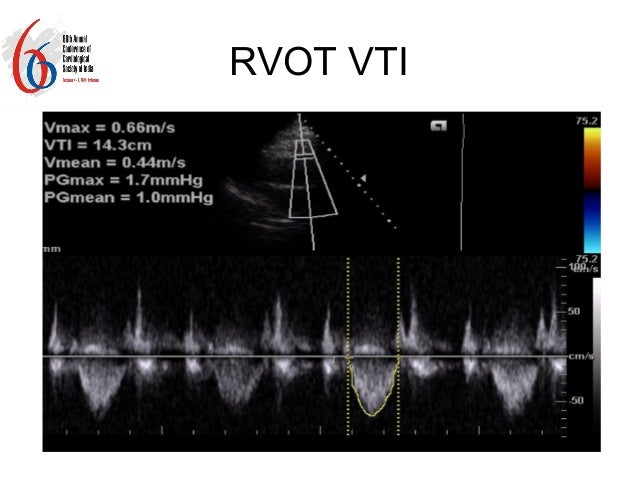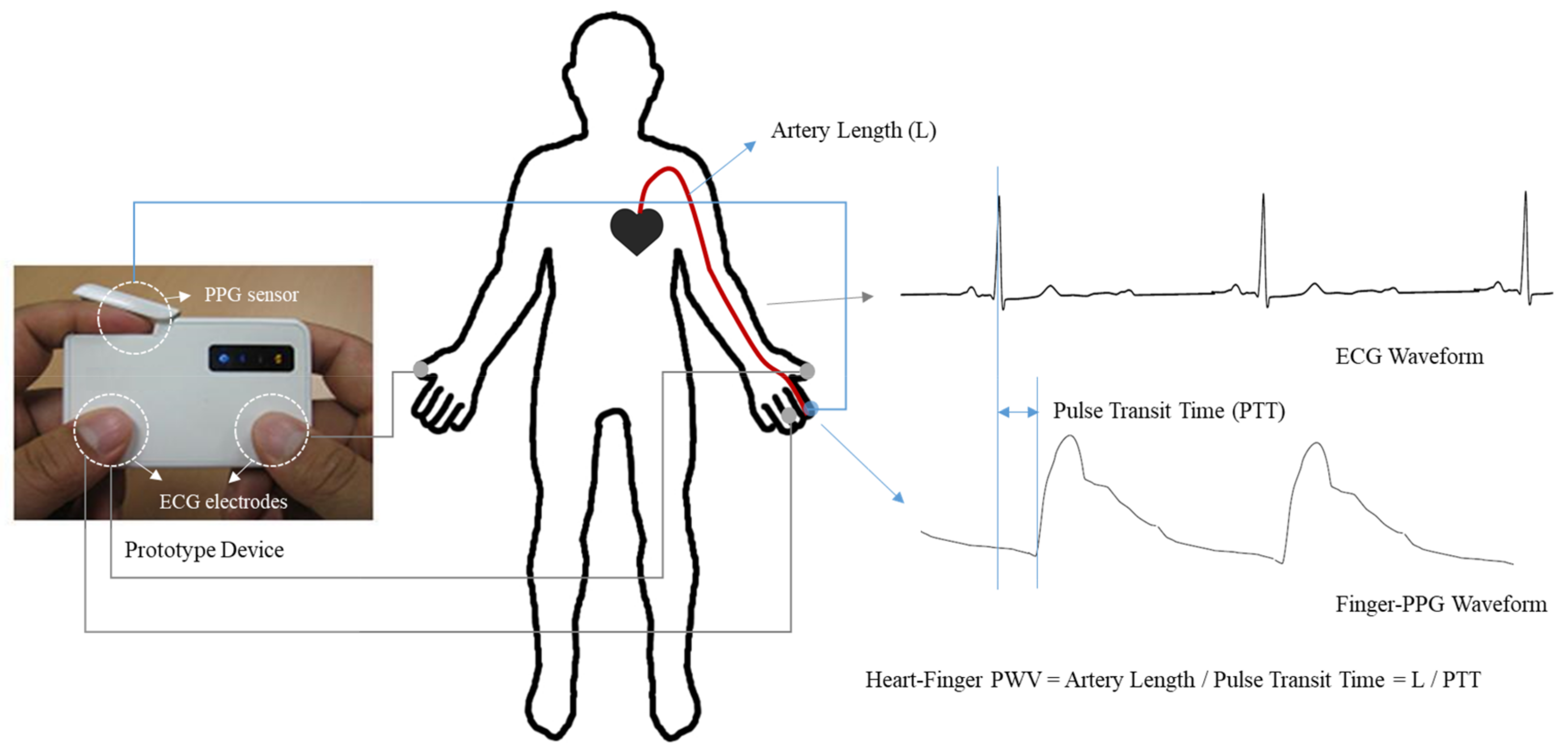Pulse wave velocity is a method used to gauge the health of blood vessels as people age, or to diagnose conditions of the cardiovascular system. Healthy and flexible blood vessels can better absorb the force of the blood as it leaves the heart before it moves on to the peripheral arteries and capillaries. A pulse wave velocity measurement is used to determine arterial stiffness in a non-invasive way, which can help physicians diagnose and monitor many vascular diseases such as hypertension. It is measured by attaching electrodes to the wrists and ankles, and using software to analyze blood flow and the elasticity of arteries.
The large arteries around the heart are lined by muscle cells, as well as elastin and collagen fibers that are flexible enough to protect the arteries when blood is ejected from the heart at high pressures. Arteries near the heart can stretch so that the pressure of the blood is lower when it reaches smaller and more fragile blood vessels in the body. This elasticity also allows the pressure to push on the arterial walls evenly. If the elasticity decreases, blood pressure can increase throughout the vascular system and there is more stress on the heart.
Pulse Wave Velocity Blood Pressure
Learn best practices for performing a SphygmoCor pulse wave velocity assessment.0:37 Establishing Communication with the Module1:32 Prepare for Pulse Wave. Each time your heart beats it induces a wave along the aorta and arterial tree. This wave leads to blood volume changes in the vessels that expand and contract in response to these changes. Pulse Wave Velocity is the propagation speed of this wave along the arteries. Increased stiffness of the arteries increases Pulse Wave Velocity.
Pulse Wave Velocity Analysis
By measuring pulse wave velocity between two places such as the carotid artery and the femoral artery, doctors can tell the flexibility or stiffness of the aorta, or main artery leaving the heart. This information can be used to diagnose and treat a condition. Problems such as high blood pressure, hardening of the arteries, and disturbances in blood circulation can be detected. Other methods for monitoring arterial stiffness include ultrasound and using pattern recognition to analyze of the pulse pressure signal within the aorta.
Systolic and diastolic blood pressure values are measured using pulse wave velocity. How well the aorta dampens the pressure from ventricular and arterial pulses can also be detected. Scientifically, the ability to measure pulse waves began in the early 1800s and arterial wall stiffness is measured using mathematical calculations derived from Sir Isaac Newton’s second law of motion. The relationship of pulse wave velocity to the stiffness of arterial walls can be determined by dividing the wave’s distance by how long it takes it to travel that far. Pressure and flow measurements, however, must be included to accurately measure blood flow, so a thorough analysis is performed by medical software programs that analyze data from pulse measuring equipment.



